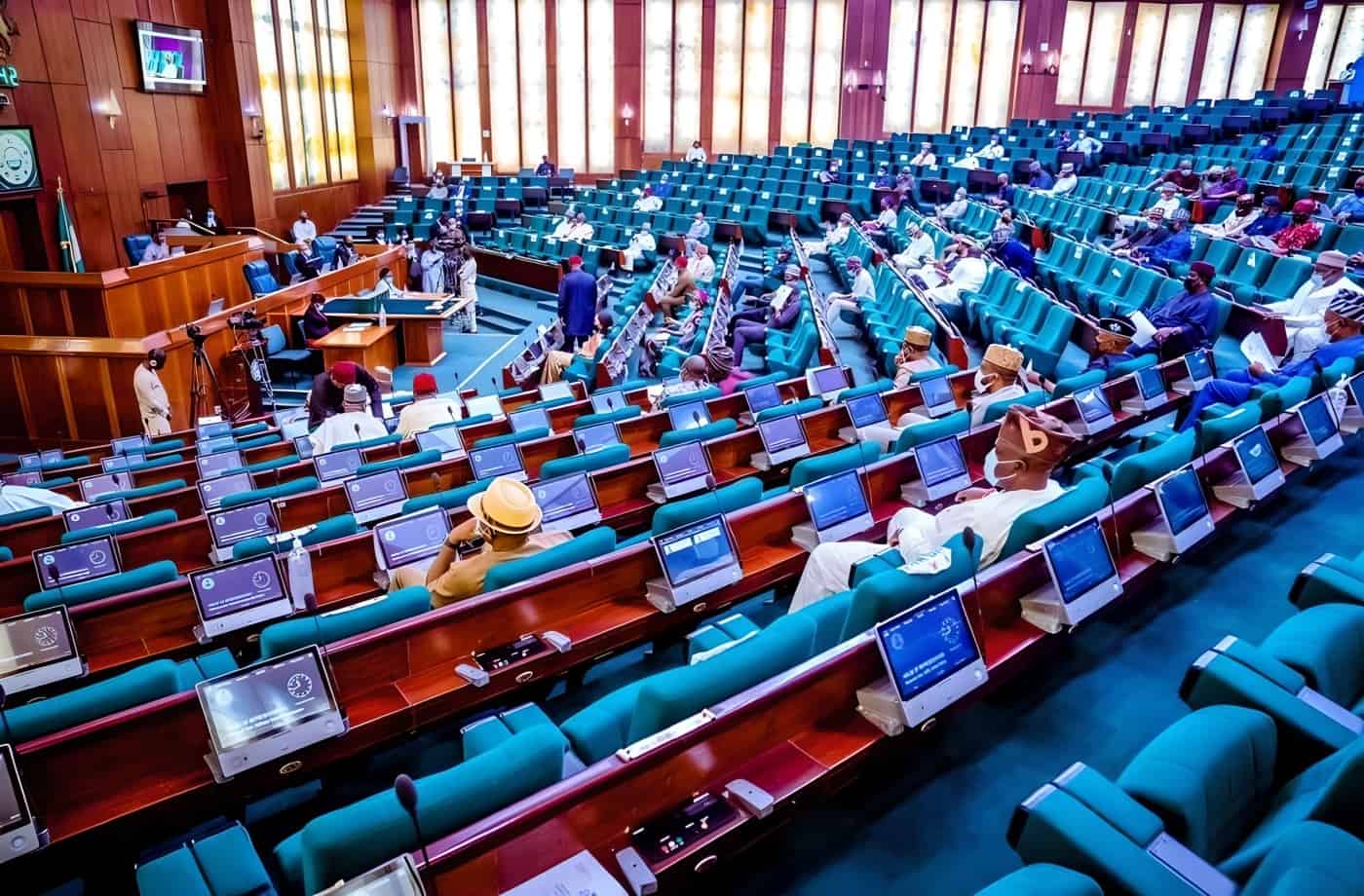House Rejects Motion to Cover WAEC, NECO, JAMB Fees
In light of the fuel subsidy removal, the House of Representatives reviewed a motion urging the federal government to offer free WAEC, NECO, and UTME examinations for the 2023/2024 academic year. The motion, brought forward by Anamero Dekeri (Edo, APC), met with significant debate, with varying opinions on how to best support students during these economically challenging times.
The House of Representatives stirred debates and discussions this Wednesday as they tackled a motion urging the federal government to waive all secondary school examination fees for the academic years 2023 and 2024. This proposal was seen as a relief measure in response to the recent removal of the fuel subsidy.
On this page
Motion’s Origins: Tackling Fuel Subsidy Impacts
Introduced by Anamero Dekeri, an APC representative from Edo, the motion implored the federal government to shoulder the expenses for crucial exams including WAEC, NECO, and UTME for all secondary students.

Dekeri highlighted the financial burden that the removal of the petroleum subsidy has imposed on the lower-income sector, leading to escalating costs in transportation and other essential services. In Dekeri’s view, the subsidy removal has allowed the government to save significantly—approximately N17.2 billion daily—which had previously been exploited by a select few.
“Given this significant saving, it’s only fair that the government uses a fraction of these funds to alleviate the financial pressures on ordinary citizens,” Dekeri argued. The central tenet of his motion was for the Ministry of Education to grant free registrations for the aforementioned exams for the years 2023 and 2024, positioning this as a tangible benefit of the fuel subsidy removal for the general populace.
Furthermore, Dekeri called upon the Ministry of Finance, Budget, Economic and National Planning to devise a framework that would resonate with the needs of the lower-income bracket, thus instilling a sense of inclusion in national planning.
Varied Reactions and Counter-Proposals
Julius Ihonvbere, the House Leader from APC, Edo, was not in favour of the motion, suggesting instead an alternative where each member would sponsor schools in their constituencies. This amendment, however, met resistance from Alhassan Doguwa (APC, Kano), who noted that many members already finance examination fees for their constituents.
Another interesting turn of events saw two amendments proposed by Olumide Osoba and Morruf Afuape, both from APC, Ogun. Osoba posited that state governments should be tasked with this responsibility, whereas Afuape suggested limiting the benefit solely to public schools. Following a voice vote, both amendments were accepted by the House.
However, the conversation took a turn when Awaji-Inombek Abiante from PDP, Rivers, voiced concerns over the exclusion of private schools. Labeling this as discriminatory, Abiante stressed the constitutional obligation to ensure equal treatment for all.
The culmination of these intense deliberations was a motion by Abiante to have both the original proposal and the amendments postponed for further consideration. After being subjected to a vote, this motion was eventually accepted by the House.
Looking Forward
The discussion around the potential waiving of examination fees in the wake of the fuel subsidy removal has illuminated broader issues around education funding, socioeconomic disparities, and the role of government in supporting its citizens. As the debate continues, many will be eagerly awaiting the final resolution, with the hope that it serves the best interests of the nation’s students.